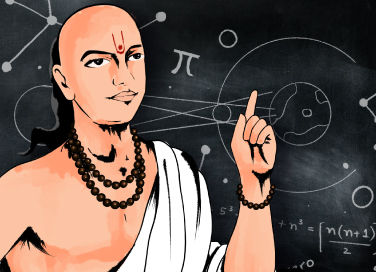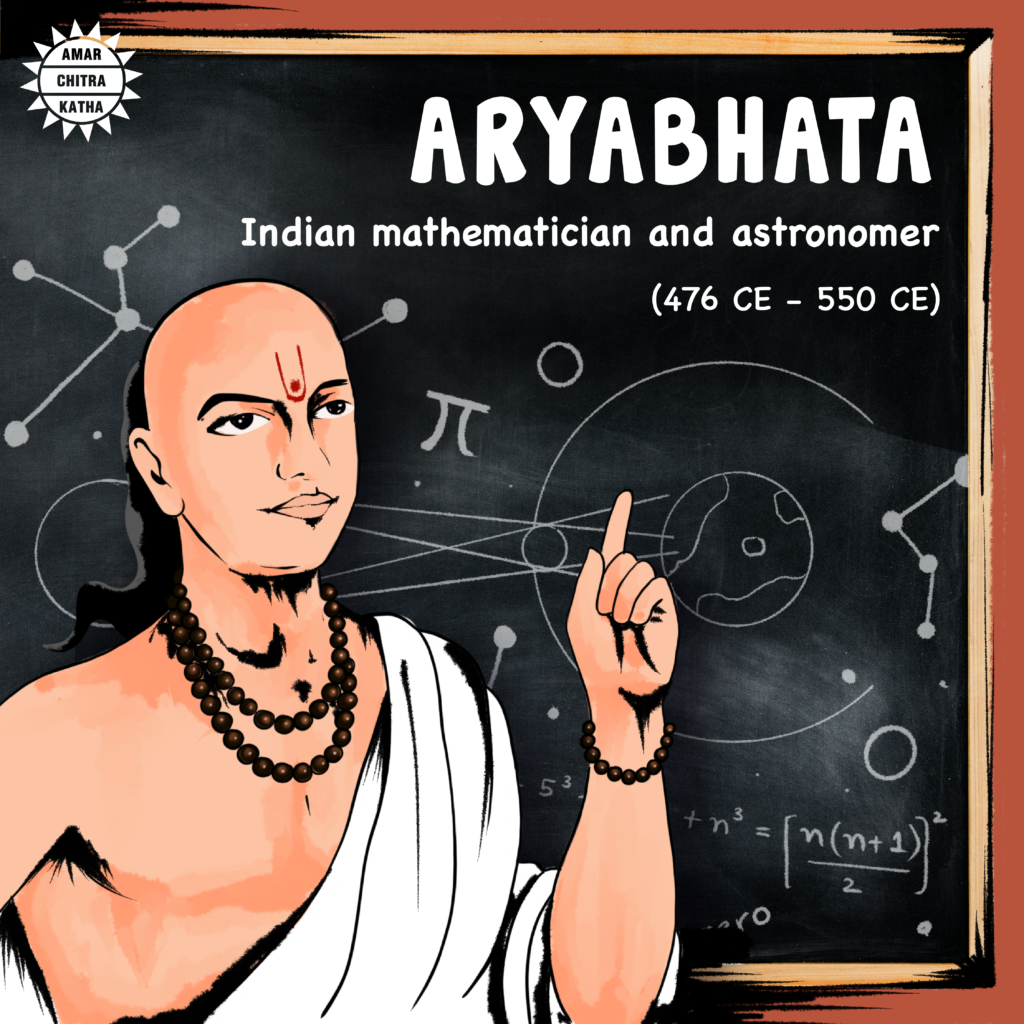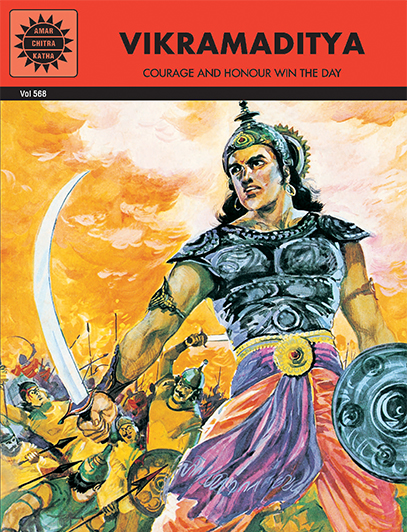Interesting Facts About Indian Mathematician Aryabhata
- March 25, 2022


Interesting Facts About Indian Mathematician Aryabhata
- March 25, 2022
By Srinidhi Murthy
Aryabhata I was an Indian mathematician and astronomer, who lived during the reign of the Gupta empire. One of the world’s most acclaimed mathematicians, he is known as the ‘Father of Indian Mathematics’. Here are some interesting facts about the great thinker.

Aryabhata mentions his age in his book Aryabhatiya. He mentions that he was 23 years old during the composition of Aryabhatiya and also noted that 3600 years had passed since the beginning of Kali Yuga. The implied year corresponds to 499 CE and thus suggests that Aryabhata was born in 476 CE.
To receive more such stories in your Inbox & WhatsApp, Please share your Email and Mobile number.
There is a common tendency to spell the name of the mathematician as ‘Aryabhatta’, with the suffix ‘bhatta’. But it is interesting to note that the mathematician himself had mentioned his name as ‘Aryabhata’, with the suffix ‘bhata’, in the beginning and end of his book Aryabhatiya. Therefore, the correct spelling of his name would be Aryabhata.
There is still some debate among historians regarding the birthplace of Aryabhata. While some believe that he was born in Pataliputra (present-day Patna), others believe that the mathematician-astronomer was born in Kerala.
Aryabhata is also known as Aryabhata I or Aryabhata the Elder to distinguish him from the tenth-century Indian mathematician with the same name. Aryabhata II also discussed theories, similar to the works of Aryabhata I, such as algebra, geometry, and their applications in calculating the longitudes of planets in his books.
Aryabhatiya, one of the major works of Aryabhata, was written in 499 AD and has survived to modern times. The book consists of 108 verses and covers many branches of mathematics such as arithmetic, algebra and trigonometry. Aryabhata also composed another work on astronomical computations named Arya-Siddhanta, whose contents are lost to modern historians. The existence of Arya-Siddhanta is known through the writings of the ancient astronomer Varahamihira. The book has also been mentioned in the commentaries of later mathematicians including Bhaskara I and Brahmagupta.
Aryabhata came up with the approximation of Pi and concluded that π is irrational. He also worked on the place value system and discovered zero for the first time. Some of the rules made by Aryabhata for the calculation of cube roots and squares by the arithmetical method, are still in use. In addition to this, Aryabhata also provided the circumference of the Earth as 39968.05 km and the radius of the orbits of nine planets. He also said that the Earth rotates on its axis and concluded that this is the reason we have days and nights.
Aryabhata mentions in his book Aryabhatiya that he had been honoured in Kusumapura. Both Buddhist and Hindu traditions along with the reports of Bhaskara I, who provided commentary on Aryabhatiya, identify Kusumapura as Pataliputra, the capital city of Magadha. Since the University of Nalanda was situated in Pataliputra during that period and also because Aryabhata was mentioned as Kulapa (Head of Institution) in a verse, it has been speculated that he might have been the head of Nalanda University too.
The works of Aryabhata were translated into Arabic language from its original Sanskrit version. It also influenced the works of Persian polymath Al-Khwarizmi and Arab Astronomer Al-Zarqali. For instance, after Aryabhatiya was translated into Arabic around 820 CE, the approximation of Pi was mentioned in Al-Khwarizmi’s book on algebra.
In 1975, The Indian Government launched its first satellite named Aryabhata to honour this great astronomer. The image of the Aryabhata satellite is featured on the reverse of an Indian 2-rupee note. A species of bacteria discovered by ISRO scientists in the Earth’s stratosphere was named Bacillus Aryabhata after him.
To receive more such stories in your Inbox & WhatsApp, Please share your Email and Mobile number.

Comic of The Month
Vikramaditya
A jealous brother robbed him of his kingdom, his own courage won it back. Chandragupta Vikramaditya has a special place in history because he proved that the love of power is not all that is needed to create an empire. Also required is the love of a wise woman and good, old-fashioned honor.